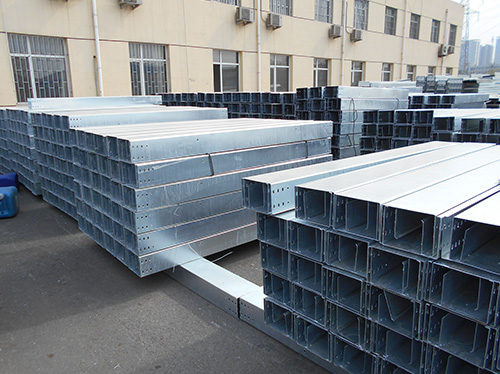
Anshan yongfeng hot galvanizing co. LTD
Marketing: 15040762557
Customer service hotline: 0412-848267
Company email: 1123927151@qq.com
Company website: www.hangvku.com
Company address: anqi road 34, dadao bend industrial park, anshan city
After the steel wire is drawn from the zinc pot, its temperature gradually drops. The zinc liquid on the steel wire surface will be oxidized by oxygen in the air to form ZnO on the one hand, and on the other hand, it will continue to act with iron in the steel wire matrix to make the alloy layer thicker, which is not desirable. Therefore, it should be forced to cool immediately after the steel wire is drawn. Forced cooling can be either air-cooled or water-cooled, or both. Before the zinc layer is completely solidified, the steel wire should not be in contact with the stable roller of the vertical lead rack.
The forced cooling of the vertical outlet rack is 300-400mm above the zinc liquid surface of the steel wire. In place, the oil charcoal on the vertical drawing rack was wiped. The wipe force was small, and the obtained pure zinc layer was thicker and more uniform. In this respect, the vertical drawing method was superior to the oblique drawing method in hot-galvanizing.
When vertical hot galvanizing, a layer of oil charcoal granules with thickness of 5-8cm is usually applied on the surface of the zinc liquid of steel wire. The role of this layer of oil charcoal granules is as follows:
(1) it is a tool for wiping zinc layer. When the steel wire passes through the oil charcoal layer, the zinc liquid on its surface can be wiped and polished.
(2) it can prevent the zinc liquid oxygenation on the surface of the exported zinc liquid and the surface of the steel wire. The protective effect of oil charcoal layer is due to local reducing atmosphere formed when oil is decomposed and carbonized at high temperature.
